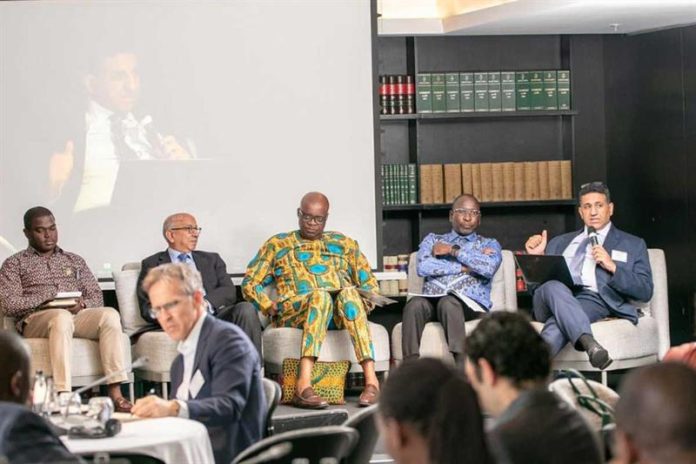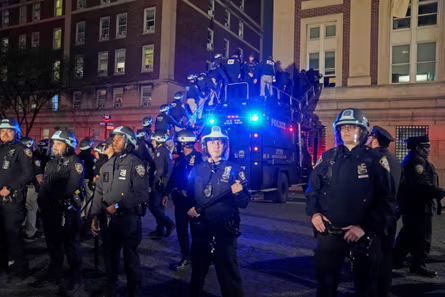The African Union claims that Israel’s observer status has been suspended and that it was not invited to the recent summit held in Addis Ababa in Ethiopia.
According to the African Union (AU) claims, Israel’s observer status in the 55-nation bloc was been suspended and the regime was not invited to the recent summit of the union, from which its delegation was thrown out.
Moussa Faki Mahamat, the chair of the African Union Commission, made the comments on Sunday, the day after an Israeli delegation was ejected from the AU summit’s opening ceremony in Addis Abeba, the capital of Ethiopia.
ALSO READ: Israeli delegation thrown out from African Union summit in Ethiopia
Faki had given the status to the Israeli government in 2021, which sparked outrage among all members of the pan-African bloc and vehement protests from Algeria and South Africa, two important members.
Because of this, the AU summit last year decided to put off discussing whether to revoke Israel’s accreditation and instead formed a committee of heads of state to handle the problem.
That implies that Israel’s status as an “observer” is temporarily suspended so that this committee can deliberate. Therefore, we did not invite Israeli officials to our summit,” Faki said, adding that an investigation was being done.
The Israeli government responded angrily to the incident on Saturday, which was captured on camera and has since gone viral on social media. The video shows security personnel approaching the Israeli delegates and escorting them out after a protracted argument.
The regime claimed that the action was the result of “a small number of extremist states like Algeria and South Africa.”.
Although Tel Aviv’s request for observer status at the AU has not yet been decided upon by the bloc, South Africa has categorically rejected the assertion.
It cannot have the regime “sitting and watching” until the AU decides whether to grant Israel observer status, according to Clayson Monyela, director of a public diplomacy at South Africa’s Department of International Relations and Cooperation, who spoke to Reuters.
He continued, “So, it’s not about Algeria or South Africa, it’s a principle issue.













